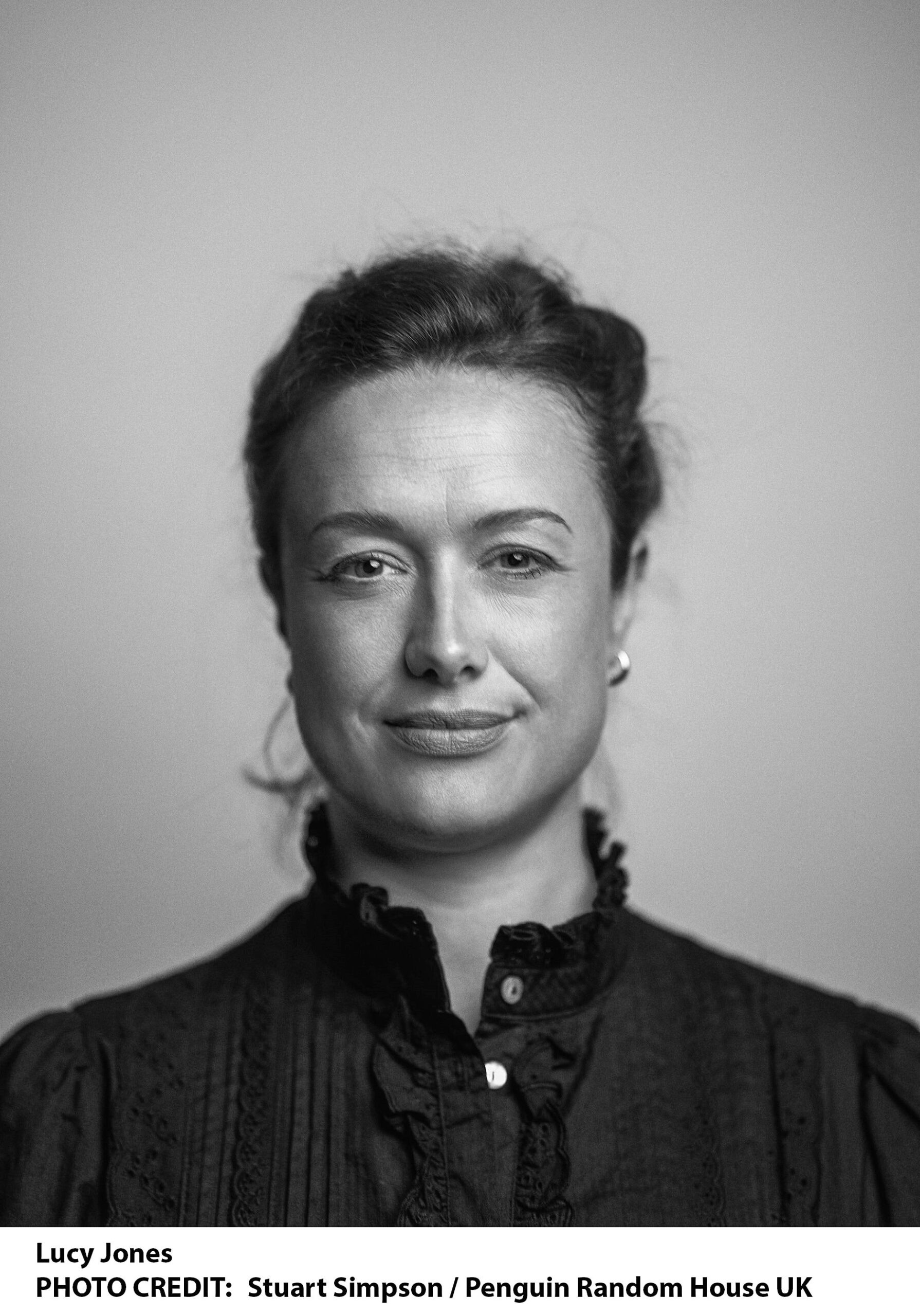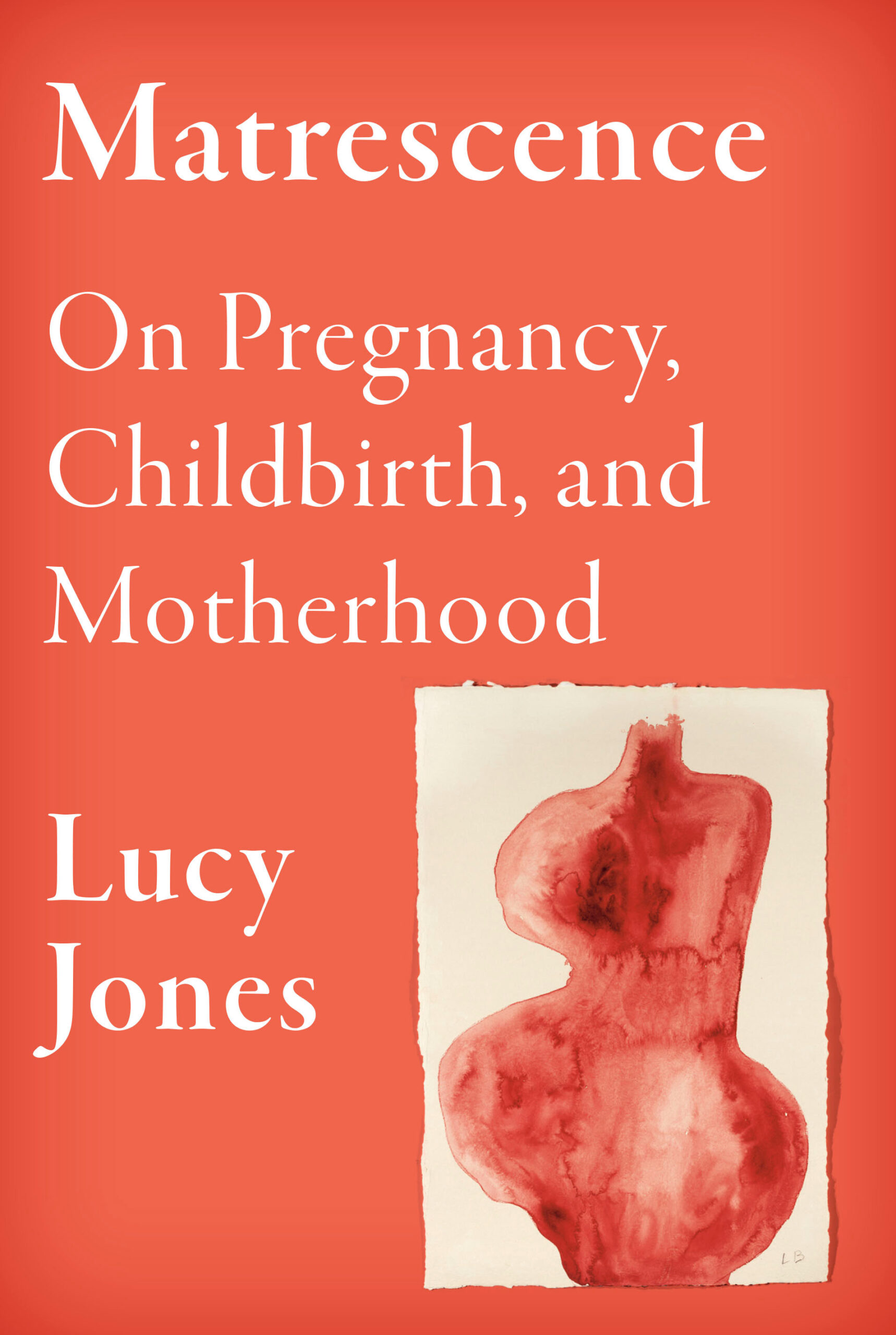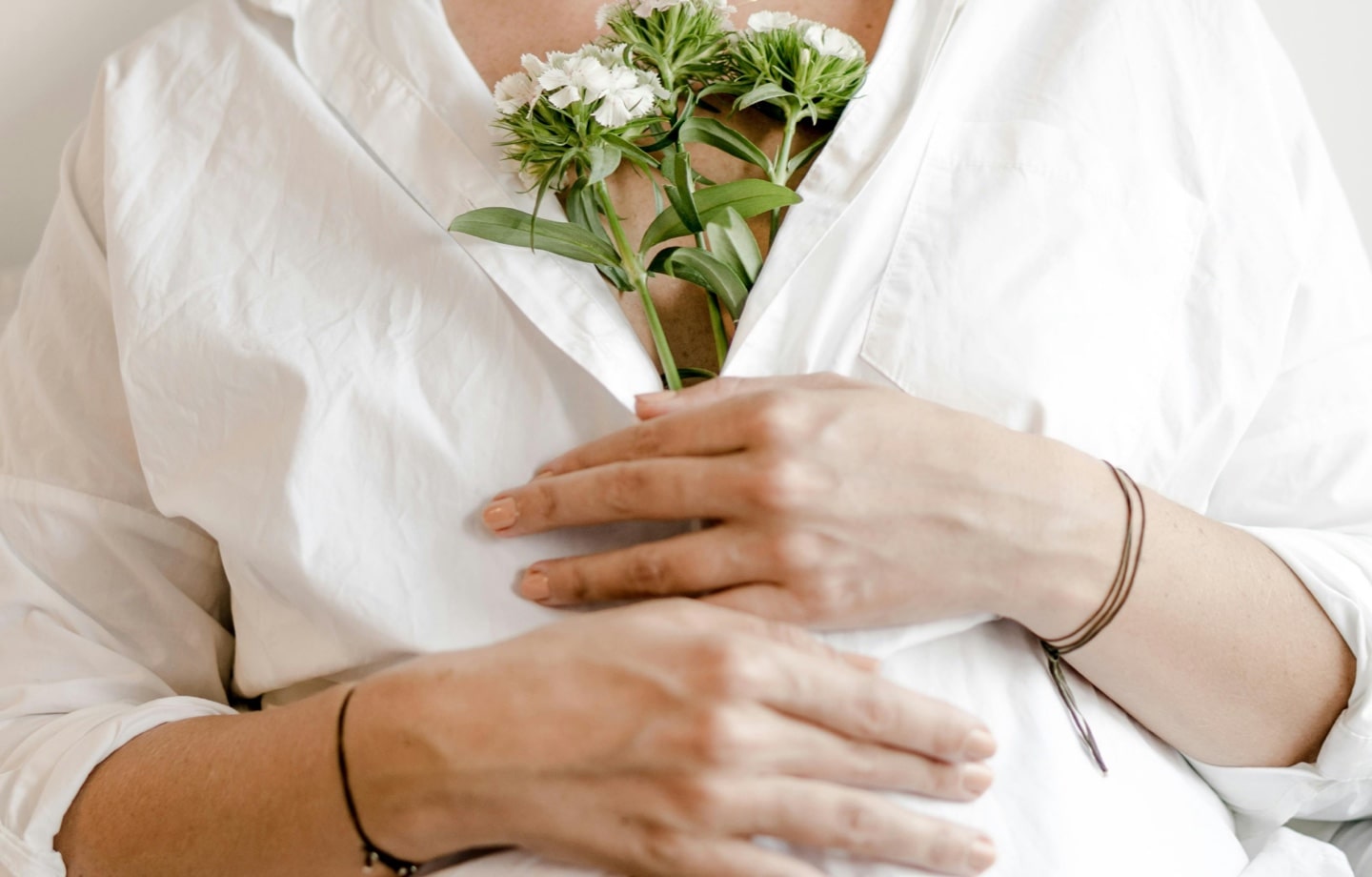Writer and journalist Lucy Jones makes the case for acknowledging the full maternal experience in Matrescence: On Pregnancy, Childbirth, and Motherhood.
When her daughter was about nine months old, UK-based writer Lucy Jones read an article in The New York Times by reproductive psychiatrist Alexandra Sacks on the transition into motherhood. In the article Sacks used a word Jones had never seen before – matrescence – coined in the 70s by medical anthropologist Dana Rafael to describe the process of becoming a mother.
 Lucy Jones is a writer and journalist based in Hampshire, England. Her writing on culture, science, and nature has been published in GQ, BBC Wildlife, The Sunday Times, the Guardian, and the New Statesman. She is the author of Foxes Unearthed, which won the Society of Authors’ Roger Deakin Award 2015; Losing Eden, which was long-listed for the Wainwright Prize and named a Times and Telegraph book of the year; and Matrescence, which has been longlisted for the inaugural Women’s Prize for Nonfiction.
Lucy Jones is a writer and journalist based in Hampshire, England. Her writing on culture, science, and nature has been published in GQ, BBC Wildlife, The Sunday Times, the Guardian, and the New Statesman. She is the author of Foxes Unearthed, which won the Society of Authors’ Roger Deakin Award 2015; Losing Eden, which was long-listed for the Wainwright Prize and named a Times and Telegraph book of the year; and Matrescence, which has been longlisted for the inaugural Women’s Prize for Nonfiction.
The term felt deeply validating to Jones, who found herself “totally blindsided” by the seismic transformation of new motherhood. But when she checked one dictionary for a full definition, then another, entries for “matrescence” were conspicuously absent.
“As I typed it on my computer the word processor insisted on underlining it with a dotted red line,” Jones writes in Matrescence: On Pregnancy, Childbirth, and Motherhood, which published in the US this spring. “It’s still there now, years later, blotting the page with red. This isn’t a word, it says. This isn’t a thing. Only it is. After childhood and adolescence, there is no other time in an adult human’s life course which entails such dramatic psychological, social, and physical change.”
 Matrescence is a book about “politics, mortality, risk, metamorphosis, fear, mental illness, natality, paradox, the modern social crisis, the failing logics of separation and independence,” Jones writes over email. It’s a personal story about becoming a mother, one of bearing witness to the experience. “I wanted to see it clearly. I also wanted to help people see new mothers, who can be so invisible in our society.”
Matrescence is a book about “politics, mortality, risk, metamorphosis, fear, mental illness, natality, paradox, the modern social crisis, the failing logics of separation and independence,” Jones writes over email. It’s a personal story about becoming a mother, one of bearing witness to the experience. “I wanted to see it clearly. I also wanted to help people see new mothers, who can be so invisible in our society.”
Read more: Why The ‘Ideal Mom’ Narrative Is Toxic
Alternating between memoir, science writing, and investigative journalism, Jones explores the origins of modern expectations and conditions around motherhood and argues that matrescence deserves recognition, respect, and most urgently, funding for resources and research.
Jones hopes with a more nuanced understanding of matrescence will come both more positive individual experiences of pregnancy, birth, and child-raising and an increase in systemic support, from instating paid-leave policies to preventing life-threatening conditions like preeclampsia, a leading cause of maternal and infant illness and death (diagnoses have increased an alarming 25 percent in the US in the last two decades).
Maternal health is widely acknowledged to be in a state of crisis in the US, the only high-resource country with a consistently rising maternal mortality rate. The number of birthing people who die each year has nearly doubled from just 20 years ago, with Black and Indigenous persons being up to three times more likely to die from complications of pregnancy and birth. And while one in five birthing people experience a perinatal mental health condition like anxiety or major depressive disorder, a study by the American Psychiatric Association found that more than 75 percent go untreated.
We talked with Jones about the social institution of motherhood, the consequences of neglecting the full maternal experience, and the “profound, wild, and enduring” mental and physical changes of matrescence. As she writes in her introduction: “my children have brought me joy, contentment, fulfillment, wonder, and delight in staggering abundance. But that’s just part of the story. This is the rest.”

Read more: The Key to Better Sleep When You Have a Newborn
This interview has been lightly edited and condensed.
You write that “motherhood has been the most socio-political experience” of your life. What has that looked like for you?
I guess I was quite naive before I had my first child. I didn’t realize quite how oppressive the modern institution of motherhood can be. I didn’t realize how inhospitable my culture is to mothers and young children. Nor how inadequate our systems and structures are for new parents. Nor how under researched all areas of women’s reproductive health is. Nor how hard it is to look after young children, especially in our isolated, neoliberal societies which have been stripped of public spaces and community. Nor how radically incomplete our understanding is of the experiences related to pregnancy, childbirth, and infant care and survival are in a world where the public and private are still very divided. These are political decisions.
I don’t think the majority of people in power know what it takes to birth and take care of a new person, or in other words, keep society going. I find it very revealing of our socio-political context. The time of matrescence can starkly illuminate many of the injustices and myths and mistakes in our society. It shows up in structural injustices such as racism and white supremacy, class bias, sexism, and chauvinism in healthcare. There is a deception around aspects of motherhood, and it definitely doesn’t serve mothers.
For someone interested in moving away from the culture of isolated, intensive mothering, where would you suggest they start?
Read Andrea O’Reilly’s new book In M(other) Words or The Mother Wave, the first textbook on Matricentric Feminism. Both have a lot of good ideas and empowering concepts. Otherwise, I think there is power in talking to others, organizing together, joining groups or circles if that’s your thing, or simply finding the people with whom you can be honest. The area of research which helped me unshackle myself from isolated intensive motherhood was evolutionary anthropology. I go into it a lot more in the book but essentially: the way we expect mothers to mother today is very unusual compared with our evolutionary history, where many people would have helped. I think a lot of mothers wouldn’t feel like such failures if we knew this.
What do you hope will be the result of more open and honest conversation around the maternal experience?
I’ve been stunned by the many messages I’ve received from readers. So many people feel similarly and desire change and for care work to be properly valued, and for new mothers and all parents to be supported in our societies. I find it easy to be transparent in safe spaces like book events but I can still feel my sensitivity to needing to kowtow to the institution of motherhood’s mandates sometimes. The conditions of femininity and motherhood are still strong and trapping and need to be constantly challenged and broken down.
In which area do you see the most urgent need for investment in maternal health?
In addressing the grotesque inequalities in literal survival of pregnancy, birth, and early motherhood for mothers of color. It’s a stain on our society that race is a standalone factor in making matrescence more dangerous for Black mothers.
If there was one message you hope a reader in early motherhood could take from reading Matrescence, what would it be?
It’s normal to feel a bit weird, or even very weird, for a while. In my early matrescence, I felt a strong pressure to “bounce back,” to “get my body back,” to work in the same way. Of course, sometimes I wanted to be that person again. But I felt completely different. So I had to process and take time to make sense of this transition which felt so existential. Looking at our wider world—cocoon life, the larval stages of sea squirts, the chaos of volcanoes, matriphagy—helped me ground myself.
If you’re finding this really hard, it’s not you, it’s a normal response to a highly dysfunctional society (but do seek help if you need it). You will adjust. You will grow new wings.

Read more: How to Financially Prepare For Children
Have feedback on our story? Email [email protected] to let us know what you think!

Shop Pillows
The Essential Organic Pillow Collection
Gentle, breathable, non-toxic support.







